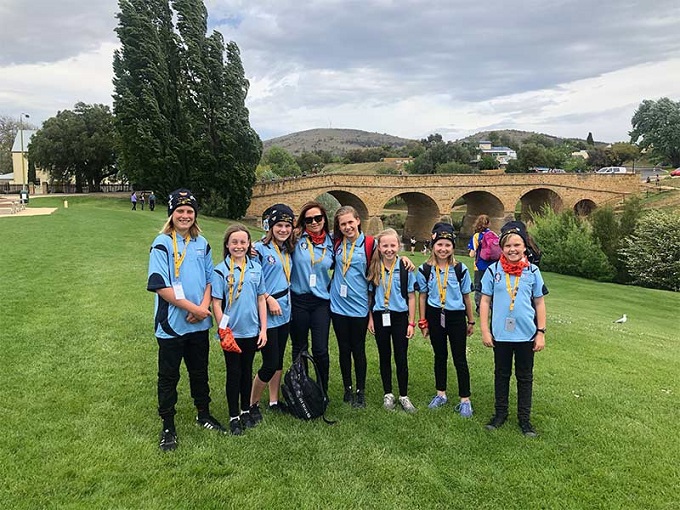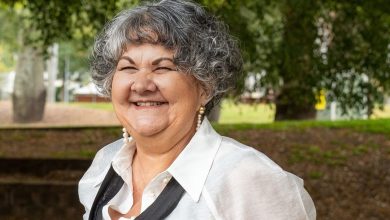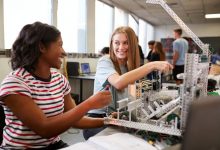Innovative new courses to help educators meet the needs of their students

As the demands of the classroom evolve, Torrens University Australia is providing innovative courses to assist educators meet their students’ needs including those with autism. Through co-designing the course with people on the autism spectrum, Torrens has found a way to bring lived experience of the condition into their Graduate Certificate in Education (Autism).
Professor Timothy Moss, Program Director in the Torrens Education faculty, says the post-graduate course has been created specifically to address existing gaps in higher education qualifications.
“We have a vision behind all of our courses at Torrens,” he says. “In terms of education, we find those areas where there are gaps and where teachers tell us there is a need, and we have course advisory committees with industry representatives that tell us whether we’re on the right track, and we develop courses to meet those needs and to fill the gaps.”
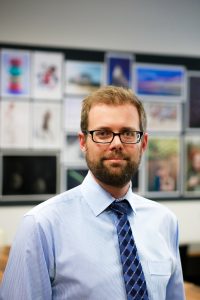
Moss believes the Graduate Certificate in Education (Autism) at Torrens offers a unique higher education qualification for teachers who have significant professional experience.
“Traditional universities tend not to offer a great deal in the post-graduate space other than research pathways, and if they do, it’s a standard Master of Education with a focus on leadership. We’ve asked what are the other things teachers need once they’re in the profession,” he says.
The Graduate Certificate in Education (Autism) has a focus on helping to further educate teachers in mainstream education contexts who are supporting the needs of students with autism. According to figures from Autism Aspergers Advocacy Australia, at least 1 in 63 Australian school children has a formal autism diagnosis.
“Our course is for a mainstream classroom teacher, who at the start of the school year discovers that some students in their class have additional needs, and maybe they are teaching students with autism for the first time,” Moss says.
In partnering with members of the autism community to create the course, Torrens has ensured that representatives of the community actively participate in subject teaching opportunities.
“We have a partnership with an autism group in Victoria and they have helped us develop the subjects.”
“There are individuals with autism who feature in every subject: videos allow individuals to tell their story and reflect on their educational experience. The course is very much about ‘let’s understand that educational experience, and let’s think about who those people are’ instead of coming in with theory first. It’s a whole-person, whole of life approach to understanding autism,” he says.
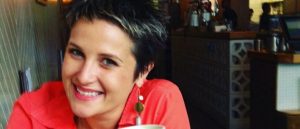
Emma Donaldson, who teaches in the Graduate Certificate in Education (Autism), has found that having the voice of people with lived experience of autism in the curriculum has created opportunities for practical learning for those undertaking the course.
“They’re able to listen to that voice, they’re able to put themselves in their position, and then from that they can start to develop and try out new practices and skills they’ve acquired throughout the course,” she says.
Donaldson has also observed that there’s also scope for her Torrens’ post-graduate students, who include educators, integration aides, and parents of children with autism, to readily apply their new skills. The course has a focus on support needs across the autism spectrum, so that each student with autism is approached as an individual with unique needs.
“That gives a rounded approach to what autism is,” Donaldson says. “Parents have said that it’s opened their eyes beyond the checklist of what autism is said to be, it has broadened their views.”
“One of the education aides has tried, in the classroom, putting herself in the position of the student she’s supporting and already seen a change in the dynamic.”
Donaldson also believes that Torrens’ person-first approach is giving post-graduate participants the skills to create a more supportive environment for students with autism, enabling them to thrive in mainstream education.
“I’ve said to my students that you want to be “that teacher”; the one who makes a difference and creates positive platforms for every student in the classroom. This course really helps teachers achieve that.”


